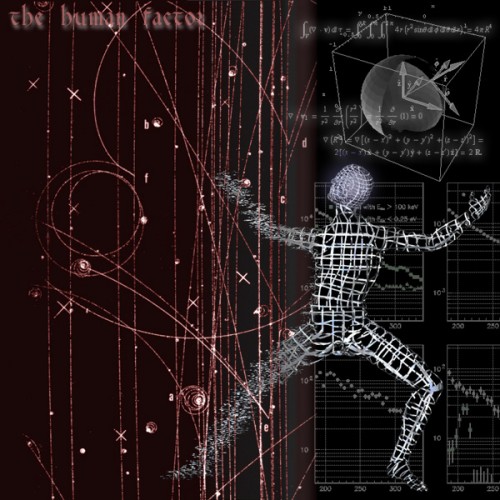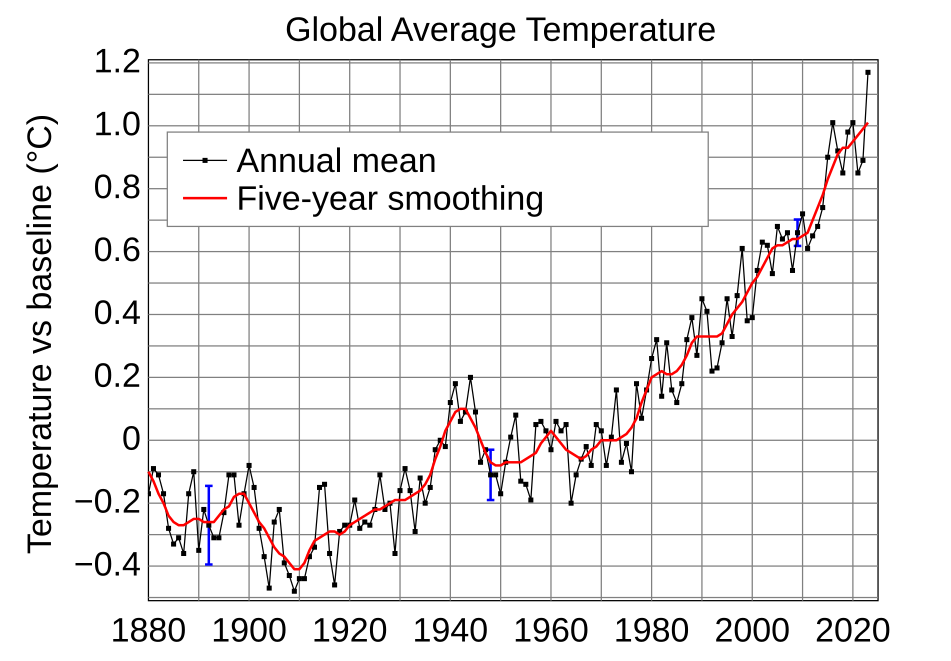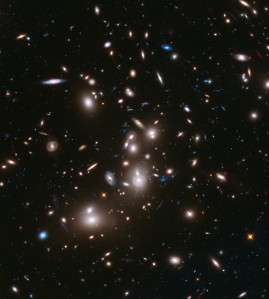Humans have always tried to make sense of the world we live in. We have always tried to come up with simple explanations that covers what we see. From the four elements and a flat earth inside a dome to a spherical earth and a heliocentric world view, our view of the world has evolved. But the quest has always been to come up with a complete and consistent model that will explain all of existence. Just like Newton’s classical physics. He viewed the world as clockwork obeying a complete and consistent set of physical laws. And when those laws didn’t quite fit the bill, Einstein extended this quest with his theories of relativity. His goal was to come up with a grand unifying theory that could be encompassed in an equation no longer than two inches.
Einstein’s famous discussion with Niels Bohr where the former exclaimed “God does not play dice” was his rejection of the spookiness of quantum mechanics. This branch of physics seemed to destroy the quest to unearth a model for an ultimately orderly and rational, complete and consistent world.
And despite the hints like Heisenberg’s Uncertainty Principle, the Double Slit Experiment and Bell’s theorem, some physicists still believe in a deterministic world where everything is neatly explained and codified.
Had they only looked to mathematical philosophy and seen the same quest fail there. At the start of the 20th century, there was this adventure in mathematics where the major thinkers of that field tried to codify all of mathematics into neat axioms and rules to rule’em all. But alas, Kurt Gödel shot it all down with his Incompleteness Theorems. And decidedly so. There cannot be any complex axiomatic system that is both complete and consistent. And to those who would like to believe that the universe we can observe is all that can be, mathematics is a subset of our universe. And as the universe is then a superset of mathematics, then the universe itself cannot be both consistent and complete. And that has some profound implications that I will cover in a OnePageBook sometime in the future.
Now, what prompted me to again delve into this? I was inteviewed by Aaron Smith-Levin the other day, and one of the comments on the resulting Youtube video read:
“Geir, so much of your world view hinges on the “law” a system cannot be both complete and stable, including the large conclusion that humans are spiritual beings, have you ever questioned the conclusion on systems, and if the conclusion about systems were the opposite, would you conclude you are not a spiritual being? If you were not a spiritual being, would you feel you should adapt the rational skeptic world view?”
To which I answered:
“The proof that complex axiomatic systems cannot be both consistent and complete is among the most solid mathematical achievements in human history. It’s irrefutable. So is the double slit experiment, the Heisenberg Uncertainty Principle and Bell’s theorem. There is nothing rational about refuting any of these. They all point in the direction of consciousness being non-physical. Read my OnePageBook in free will for details: https://isene.me/2017/07/17/free-will-do-you-really-have-a-choice/”
Just like the old, classical Newtonian world view was naive, I believe the modern “rational skeptic world view” to be equally naive.
As for the rest of the interview, here it is:








